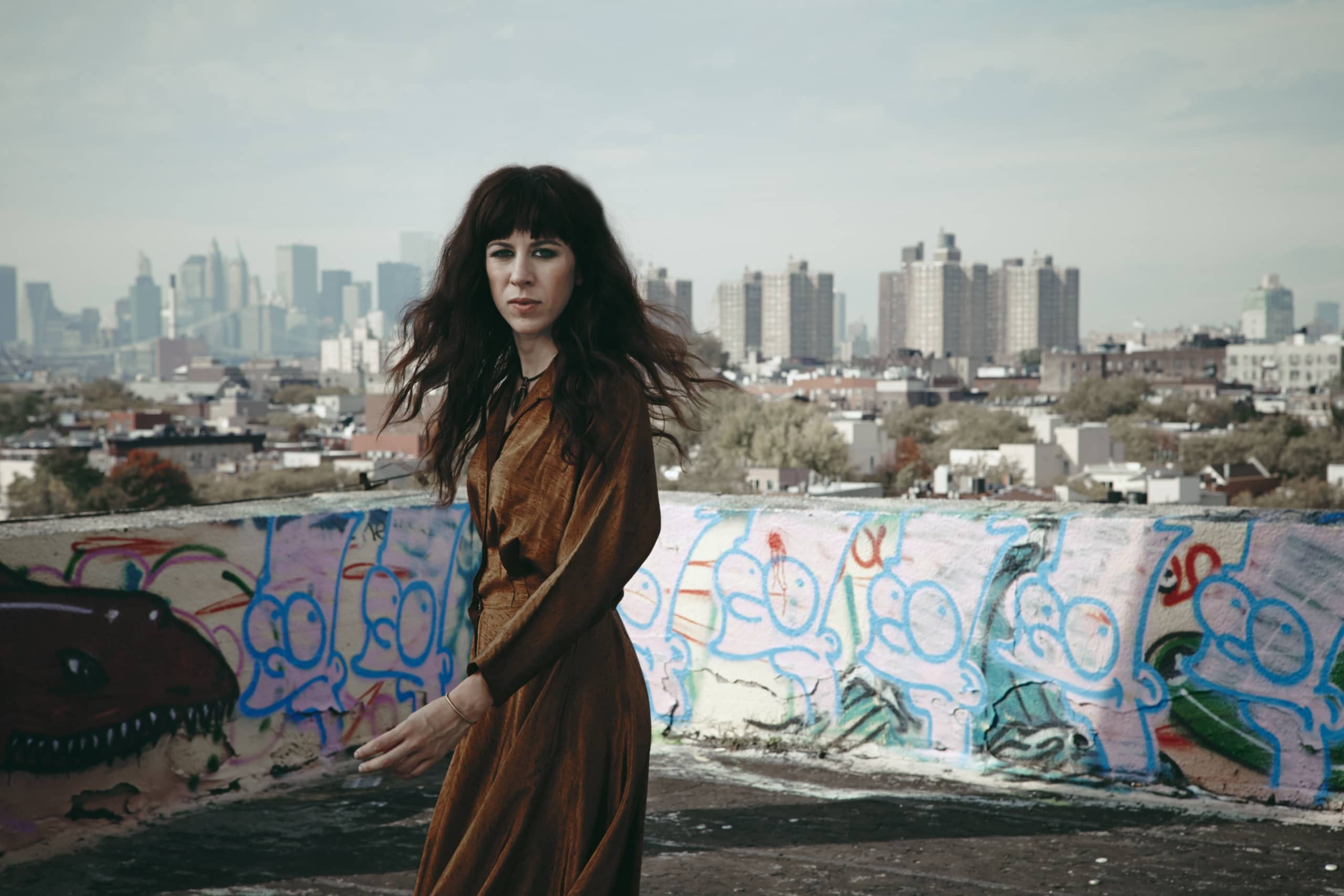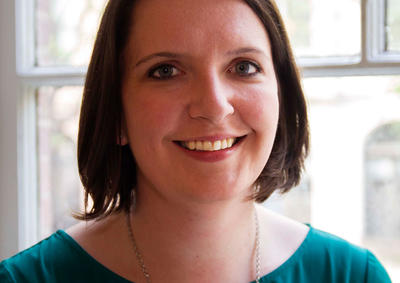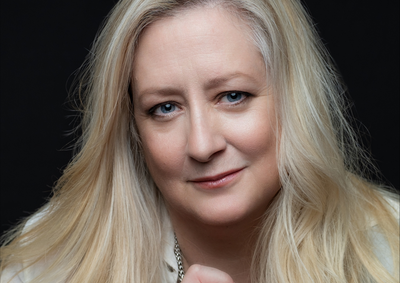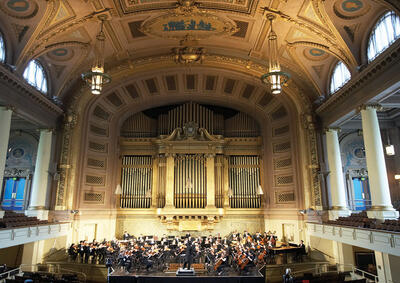Composer Missy Mazzoli says schools and professional ensembles "need to hire women and non-binary individuals"
Composer Missy Mazzoli ’06MM has been described by NPR as “the 21st century’s gatecrasher of new classical music.” Her music has been performed by such celebrated artists and ensembles as Emanuel Ax, eighth blackbird, and the New York Philharmonic, to name just a few. Olivia De Prato’s recording of Mazzoli’s Vespers for Violin earned the composer a Grammy Award nomination in the “Best New Composition” category. Mazzoli, who’s a composer-in-residence at the Bard College Conservatory of Music, has also been nominated for a Grammy for a recording of her concerto Dark with Excessive Bright.
In 2018, Mazzoli was featured in a New York Times article headlined “The Met is Creating New Operas (Including its First by Women).” That piece began: “For the first time in its history, the Metropolitan Opera is commissioning operas by women.” It was with that “persistent gender imbalance” in mind that, two years earlier, Mazzoli and composer Ellen Reid established the Luna Composition Lab, which, according to the organization’s website, “provides mentorship, education, and resources for young female, non-binary, and gender-nonconforming composers ages 13-18” and “is the only initiative of its kind in the United States.” We spoke with Mazzoli about the organization, the disparities it’s designed to address, and more.
Q: What experiences led to the establishment of Luna Composition Lab?
A: Composer Ellen Reid and I founded Luna Composition Lab in 2016 to address the persistent gender imbalance in music composition. We were disturbed by the fact that female and non-binary composers continue to make up such a small percentage of those artists programmed and celebrated by orchestras, educational institutions, and opera companies. In 2016, works by women accounted for 5 percent of works on orchestral programs in America, and non-binary composers made up less than 0.1 percent. Now, that combined percentage is up to 15 percent, which is still nowhere near representative of the U.S. population, which is 51 percent female and 1.5 percent non-binary. Around 2016, I was also doing a lot of guest teaching around the world, and I never once saw a freshman class of composers that had anything approaching gender parity. Both Ellen and I were used to being the only woman in the room and had been in that isolating position throughout our careers. The field seemed destined to remain overwhelmingly male.
To address and hopefully change these dismal statistics, Ellen and I created Luna Composition Lab, a program that connects female, non-binary, and gender nonconforming composers in their teens with prominent female, non-binary, and gender-nonconforming mentors. We offer bi-monthly composition lessons via Zoom and frequent master classes, all culminating in a week-long celebration of these composers’ works. This year we’ve partnered with the Kronos Quartet, which will premiere six works by our Luna Lab Fellows in San Francisco this June. We also offer Adventures in Sound, a beginning composition class for young people who are just starting their journey in composition. In the past few years, the program has grown exponentially, and we now offer alumni grants to help cover application fees, equipment and software purchases, recording costs, and much more.
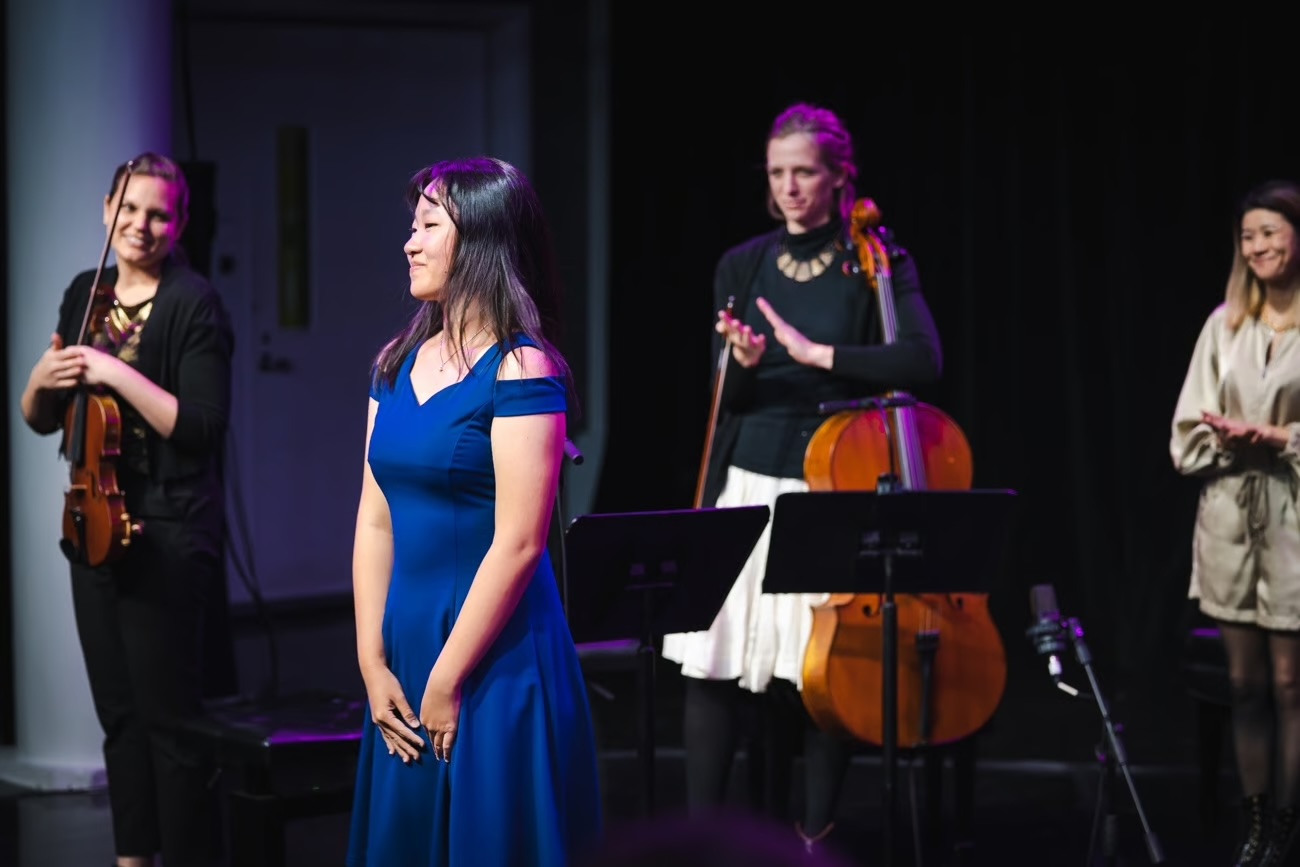
Q: What challenges did you encounter in launching the program?
A: It sounds crazy to us now, but in 2016 we sometimes had a hard time convincing funders and potential partner institutions that this work was necessary and important. As recently as 2018, many orchestras in this country programmed entire seasons without a single work by a female or non-binary composer, and the institutions that did desperately wanted to spin a false narrative of improvement; they would tout the fact that the percentage of women on their programs had increased from five to seven percent or would list five works by Clara Schumann that they had programmed over the last decade. None of this was fostering real change for living female and non-binary composers, and very little attention was paid to young female and non-binary composers in their teens, which is often the time at which one decides to become a professional musician. After MeToo, these attitudes changed dramatically, and we had a much easier time!
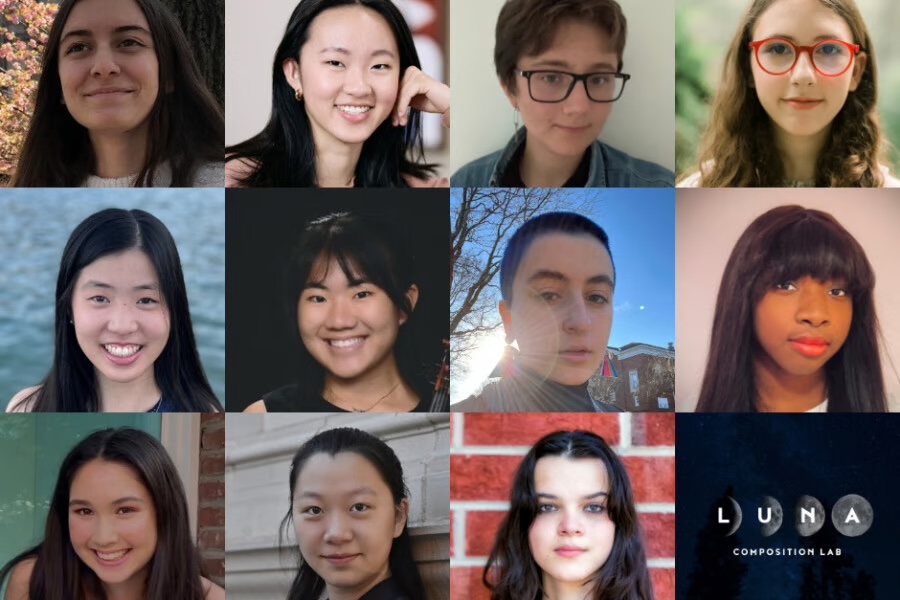
Q: What have you learned from running the program?
A: I have learned that advocacy and mentoring are as essential to my creative practice as composing every day. I could not continue to be a composer in this field if I weren’t helping the next generation to have a slightly easier time.
Q: What does our field need to do to diversify and become more inclusive?
A: The answer can actually be very simple. Institutions of higher education need to hire more female and non-binary composers. If this happened, I guarantee they would see an increase in female and non-binary applicants. Likewise, opera companies and orchestras need to hire women and non-binary individuals to create massive and ambitious works. There are studies that show that men are often given work based on their potential, whereas women are asked to first show proof of past accomplishments. Institutions and companies need to see the potential in female and non-binary composers and hire them to do something beyond the scope of what they have already written. I also wish that these institutions would follow Luna Lab’s lead and find a way to support young composers in their teens. We welcome partnerships and are always glad to recommend alumni for commissions!
Q: What have you been working on, composition-wise?
A: I am just now finishing my opera Lincoln in the Bardo, which will premiere at the Metropolitan Opera in 2026. I’m in Paris now for a residency at the American Library and am actually traveling to Amsterdam tomorrow to see Ellen’s new opera The Shell Trial at Dutch National Opera.
Learn more about Missy Mazzoli at missymazzoli.com, watch a short documentary about the Luna Composition Lab here, and visit the organization online at Luna Composition Lab at lunacompositionlab.org.

